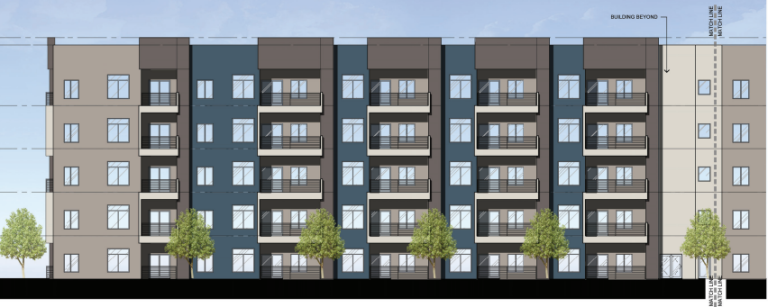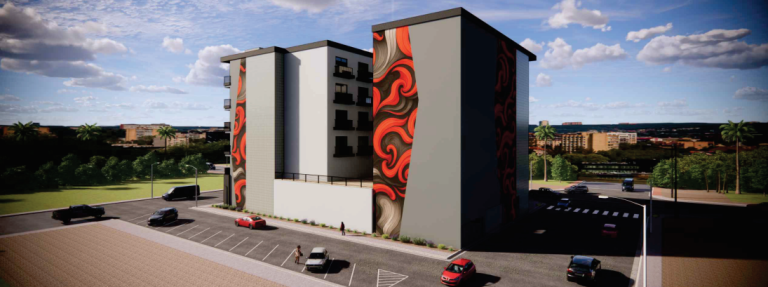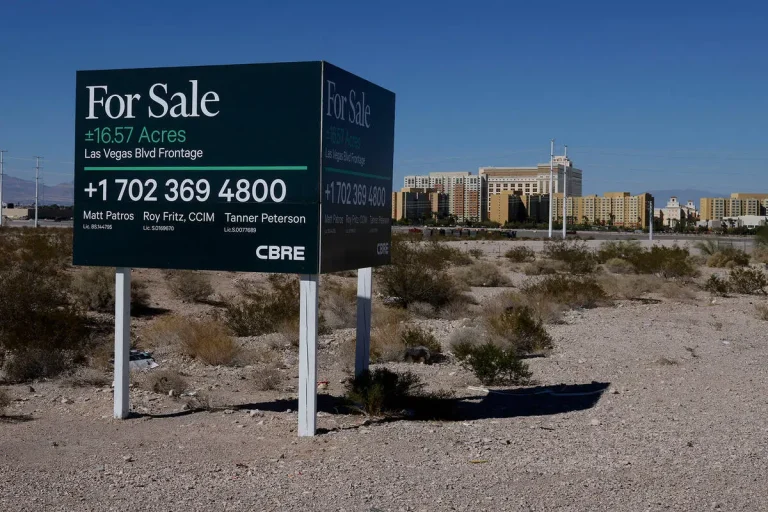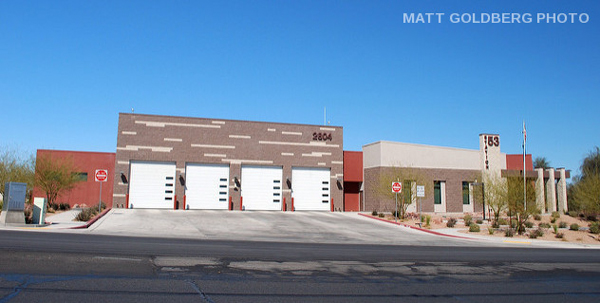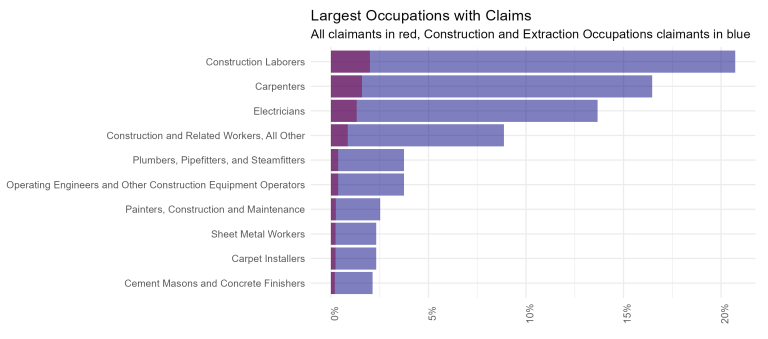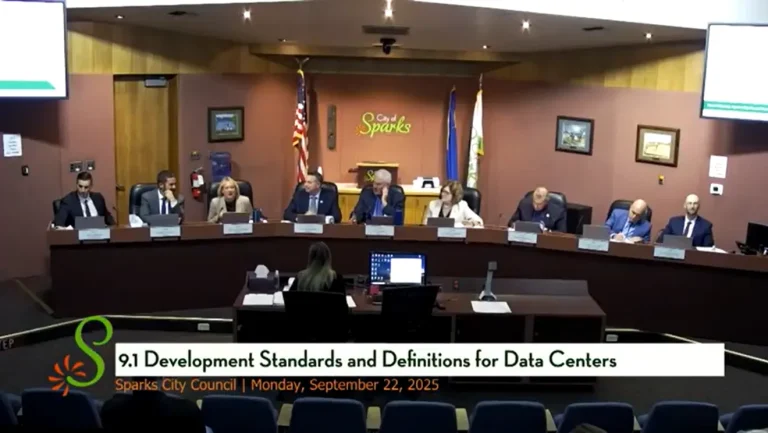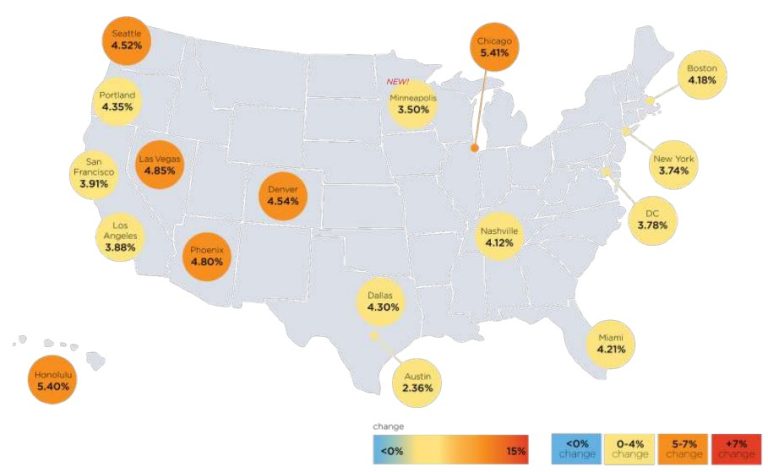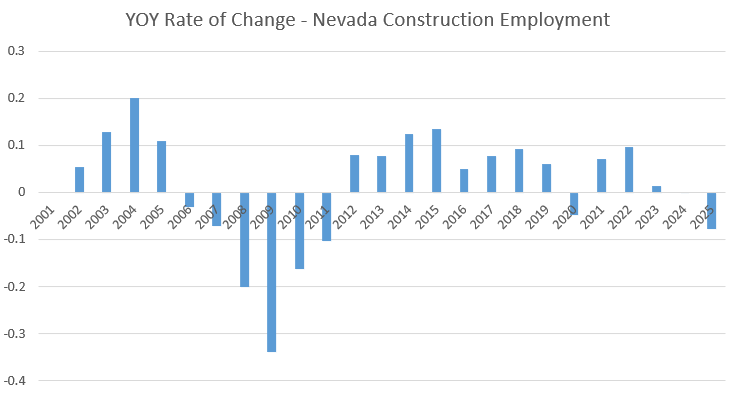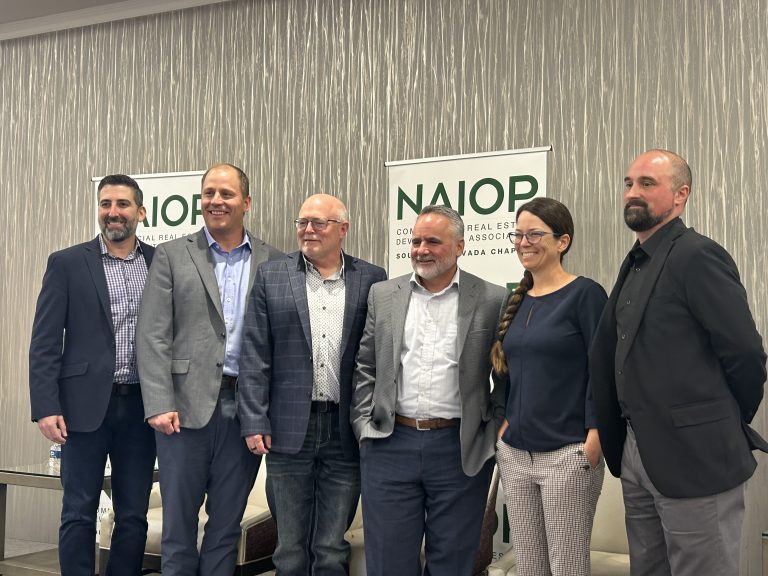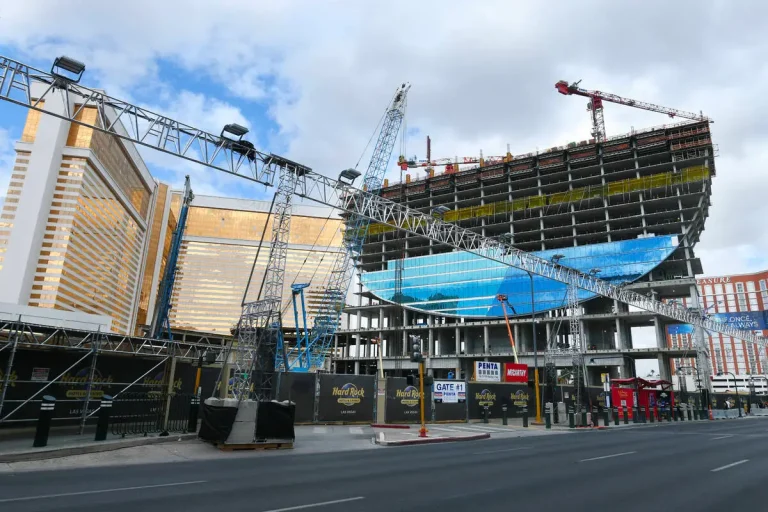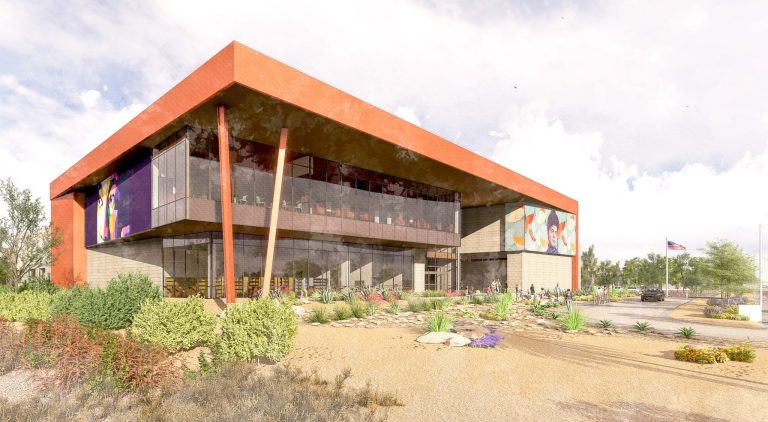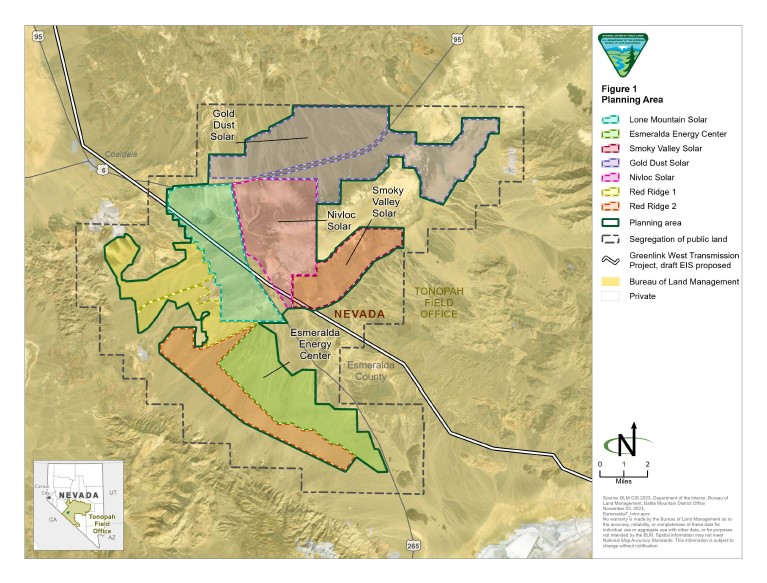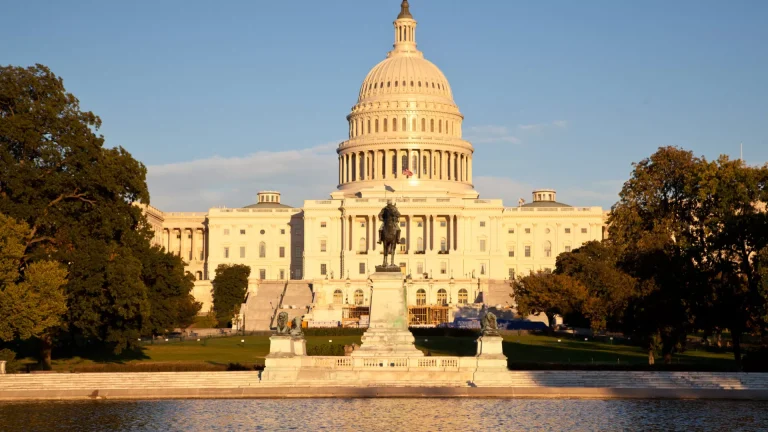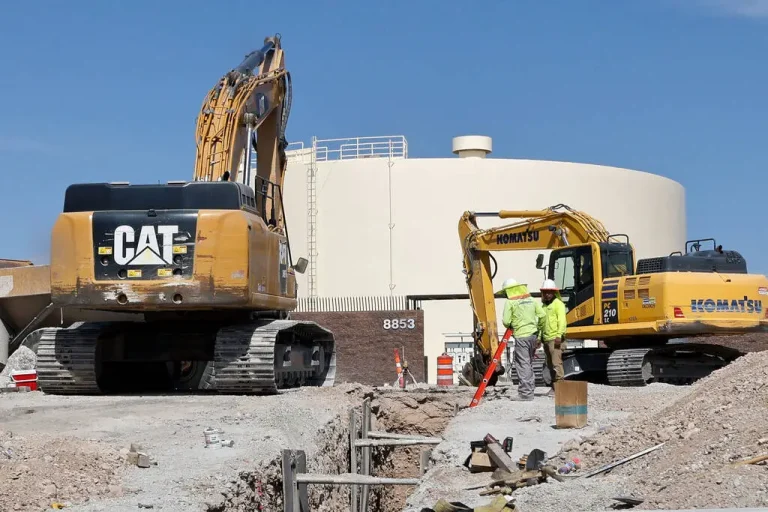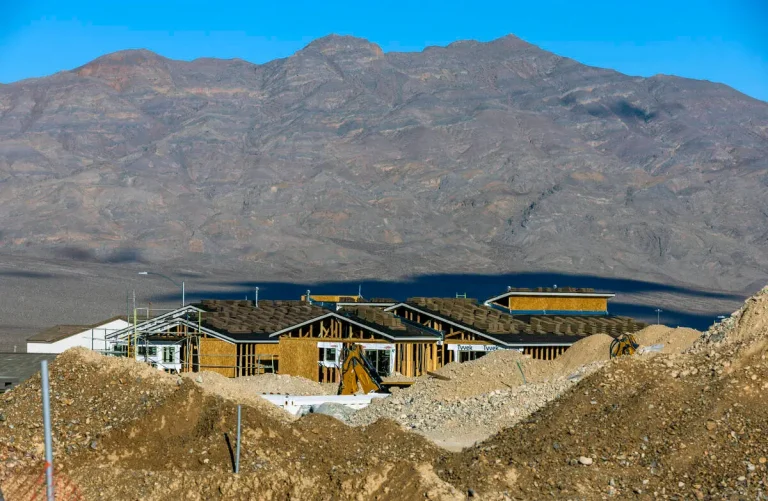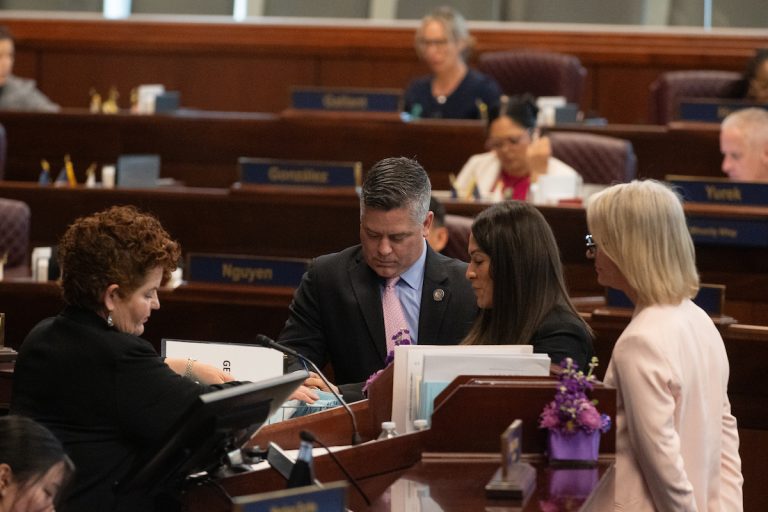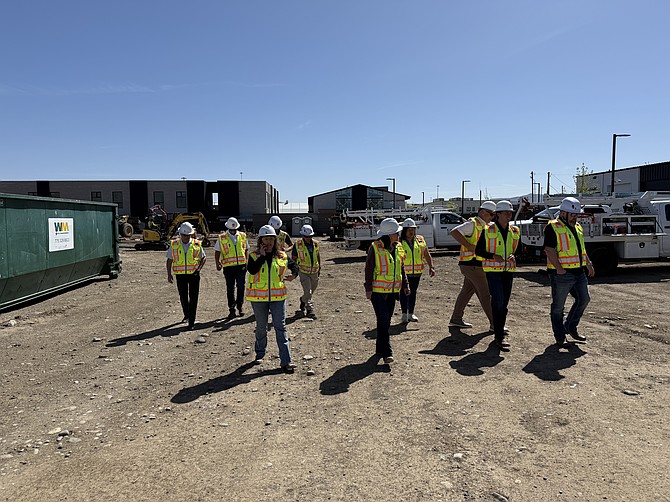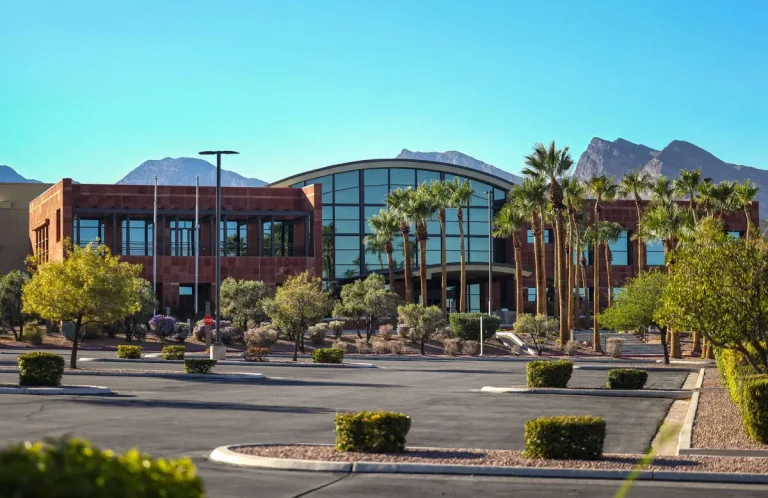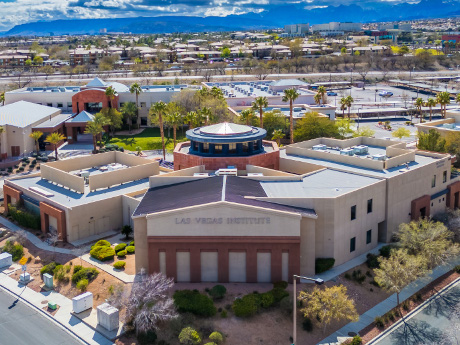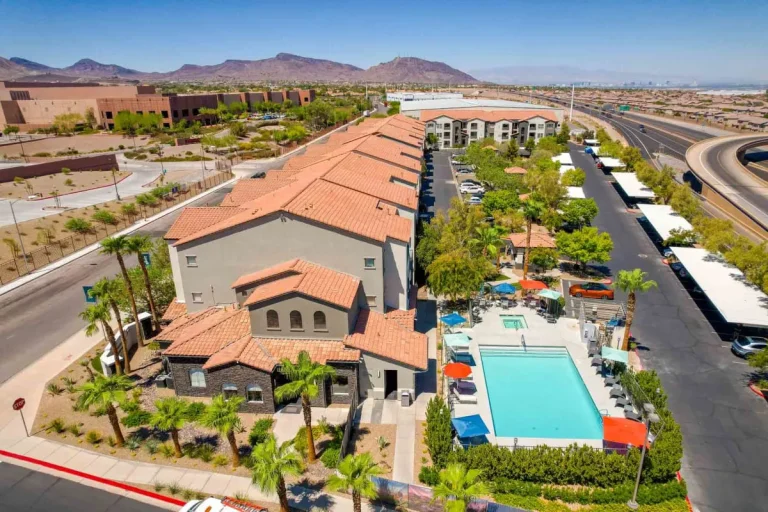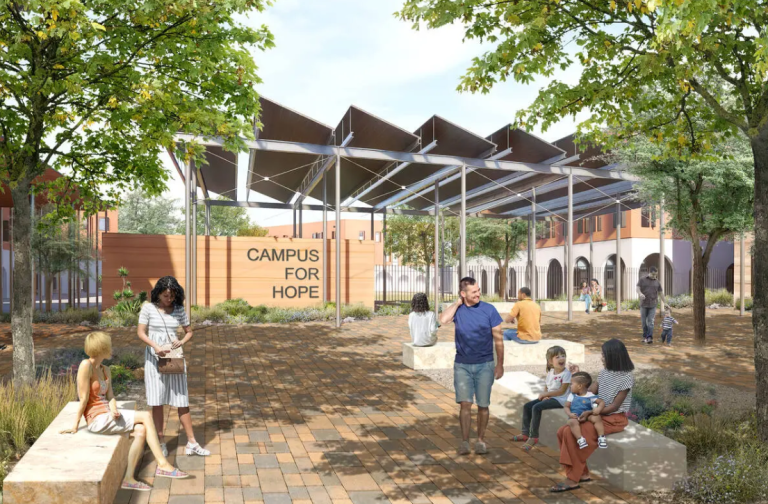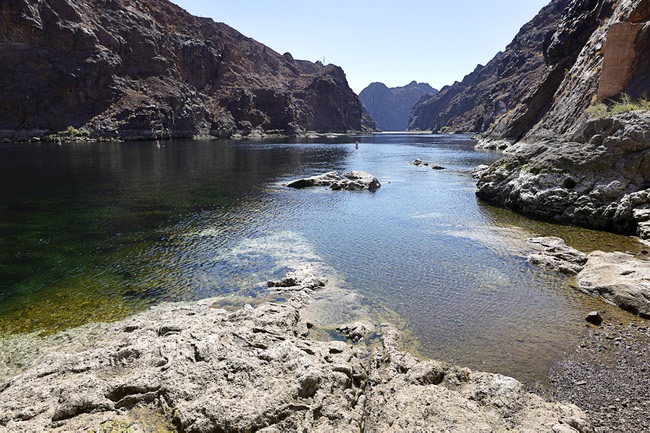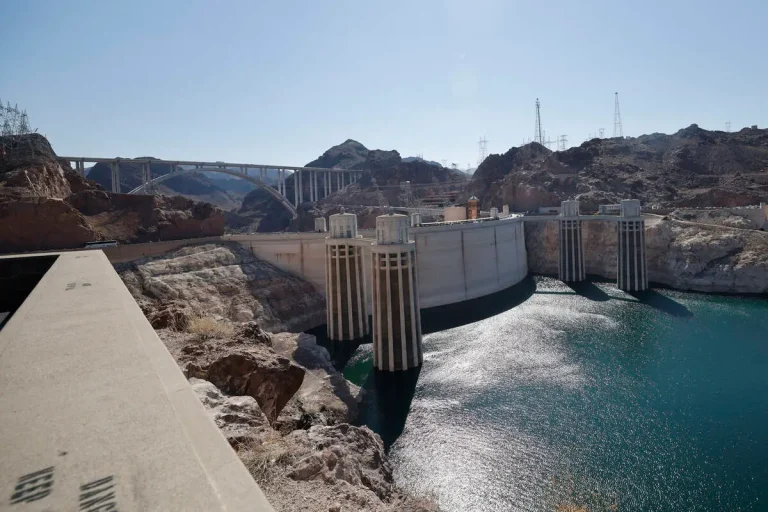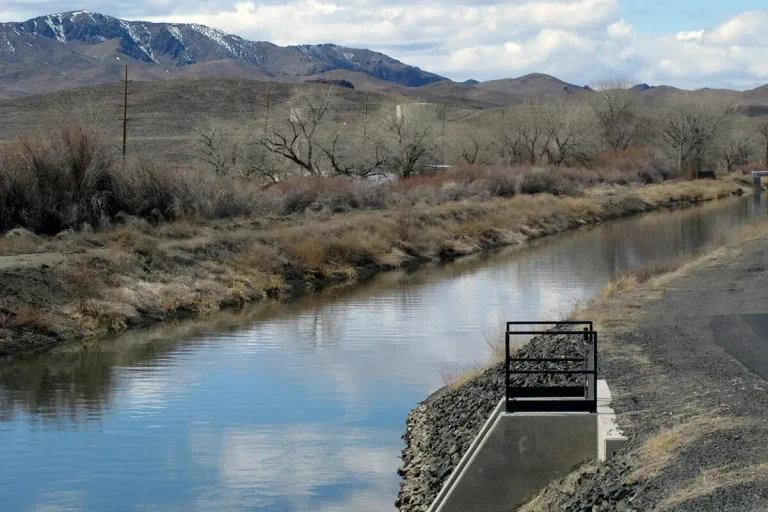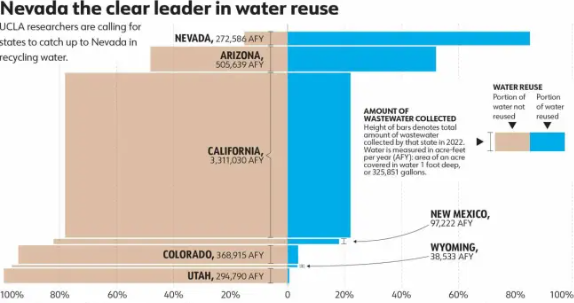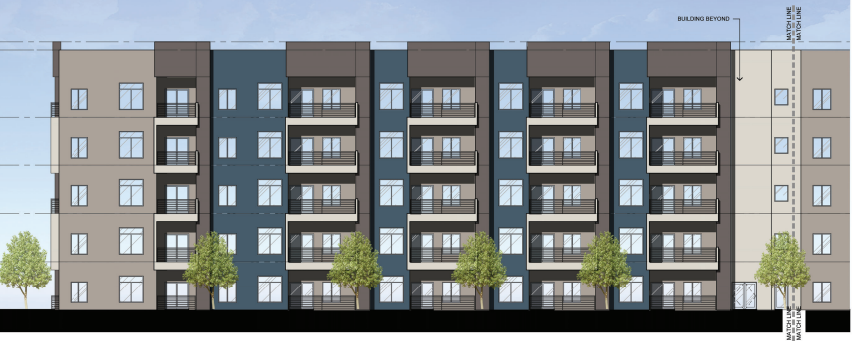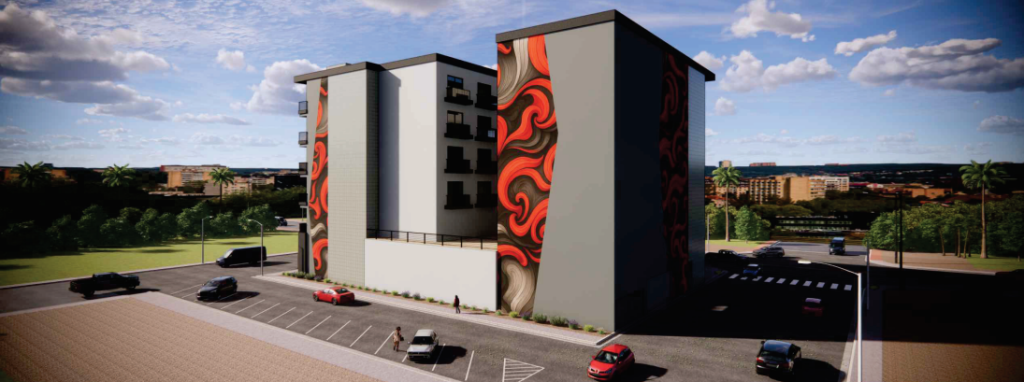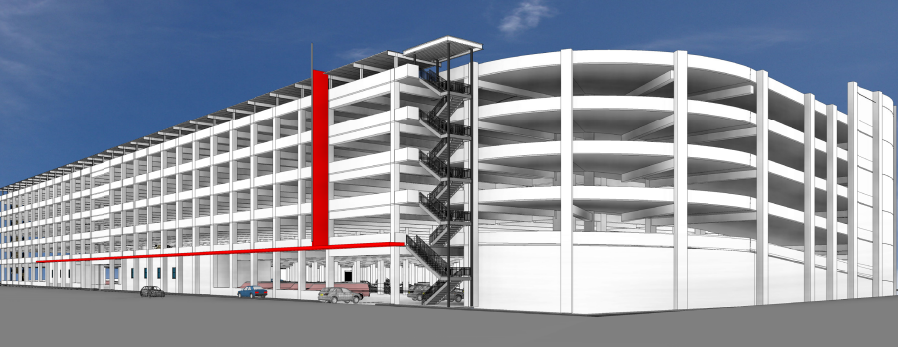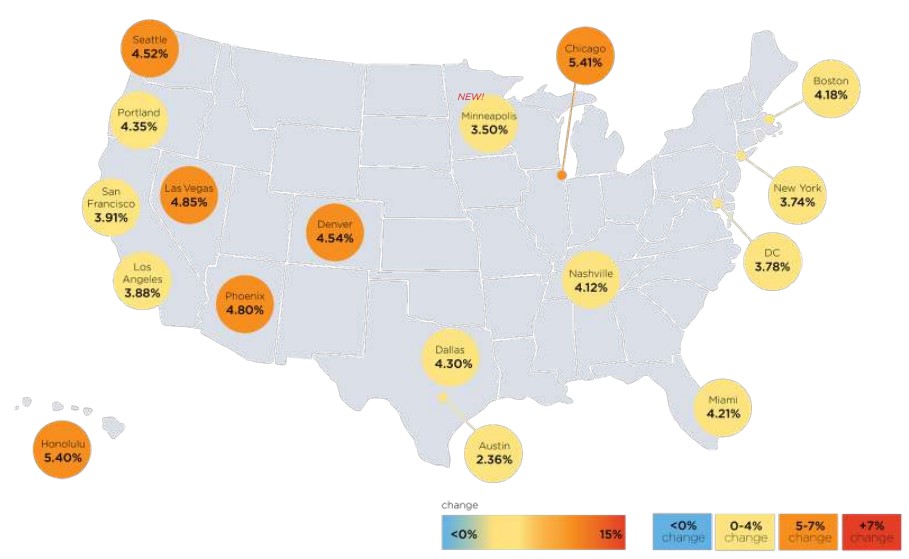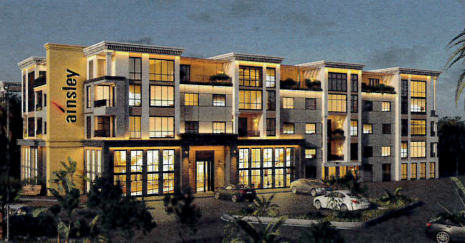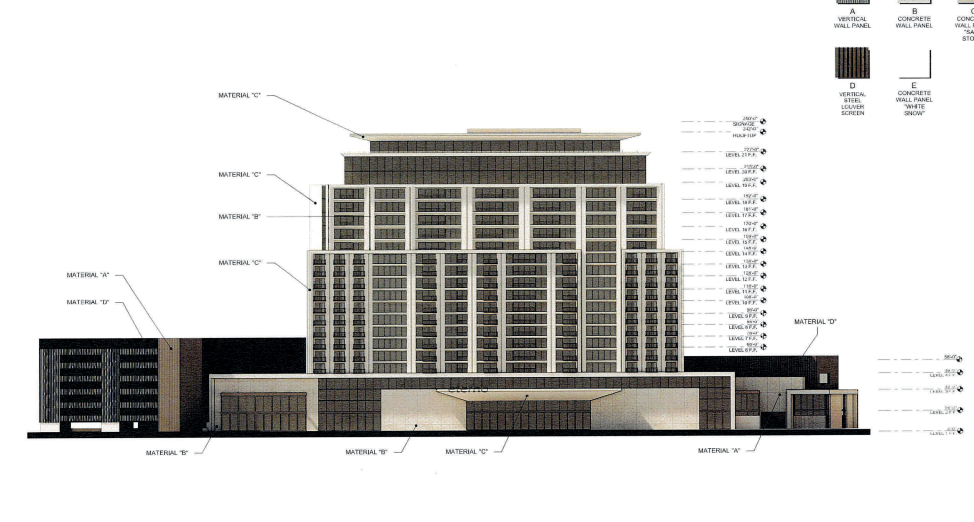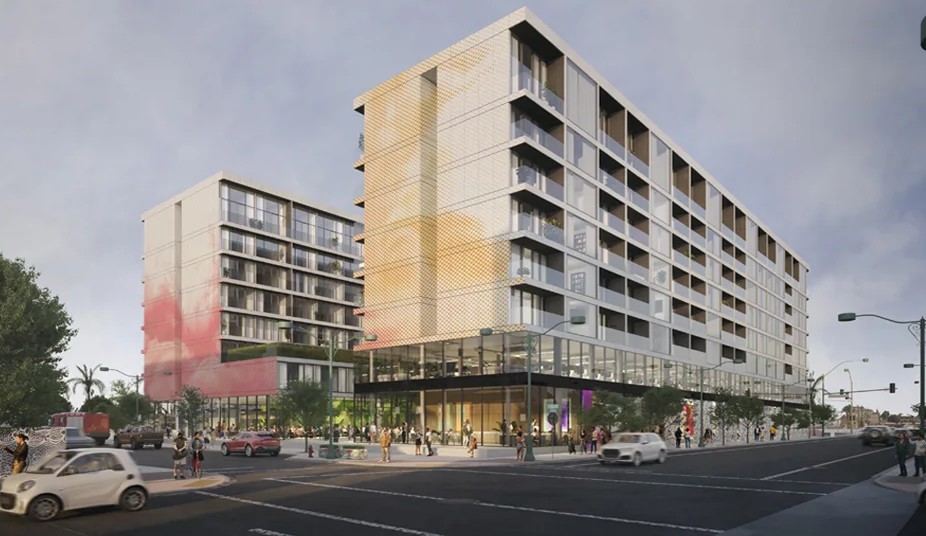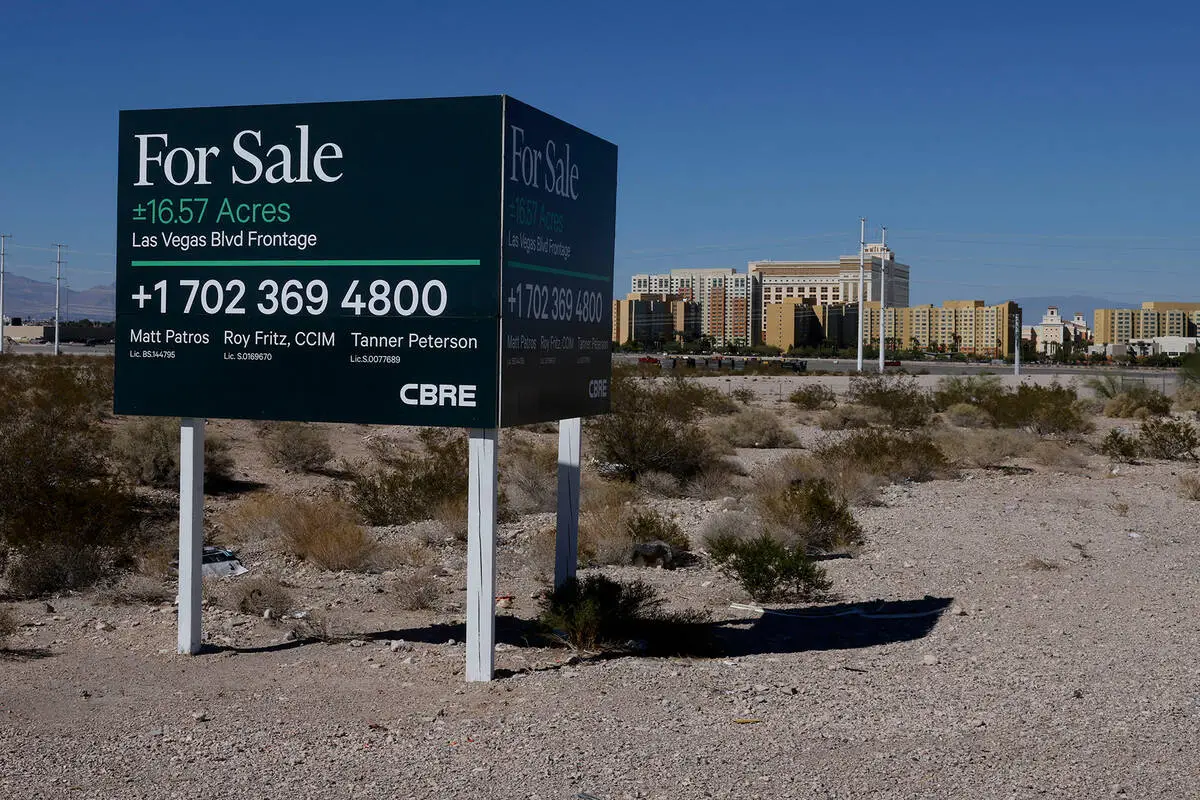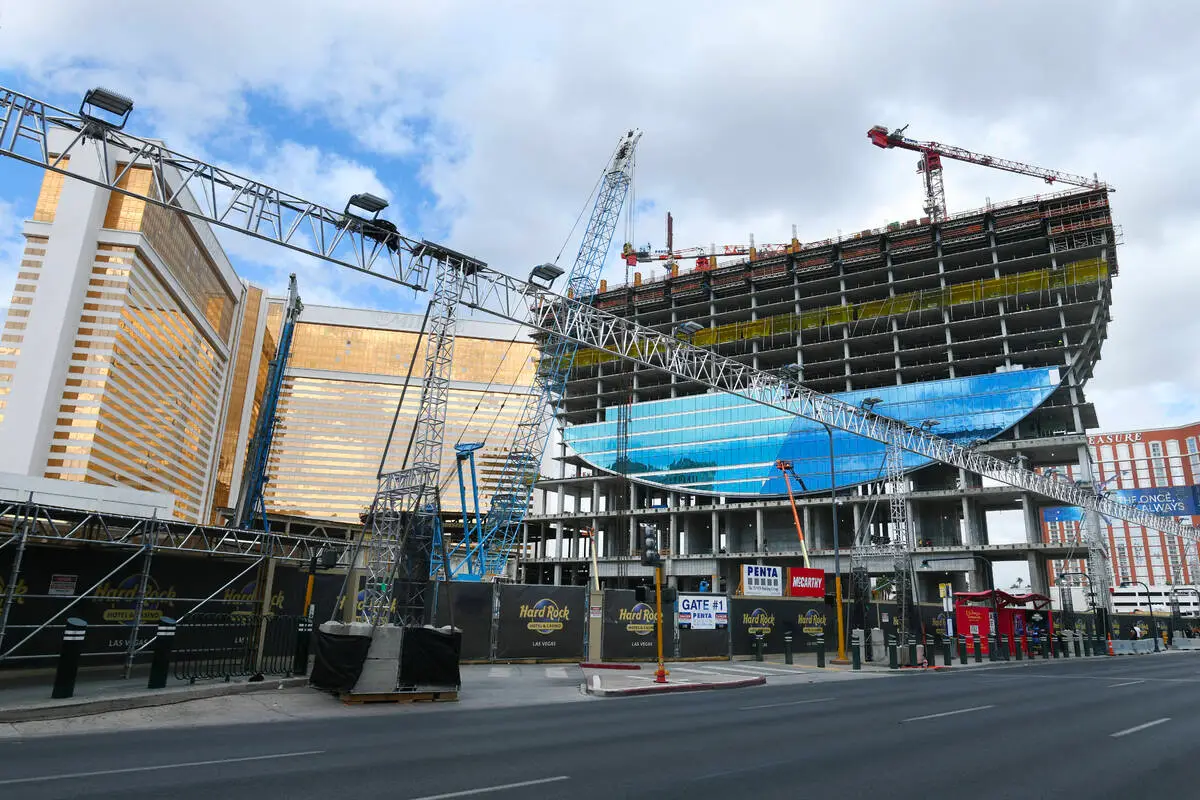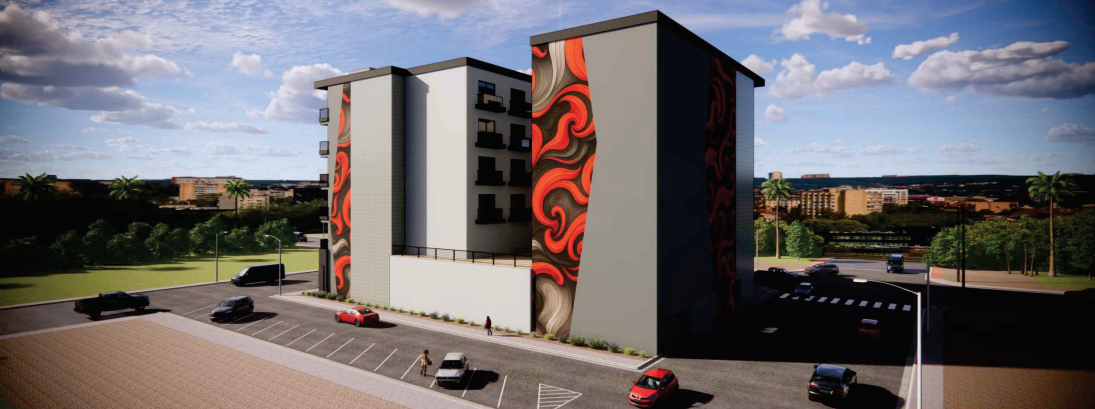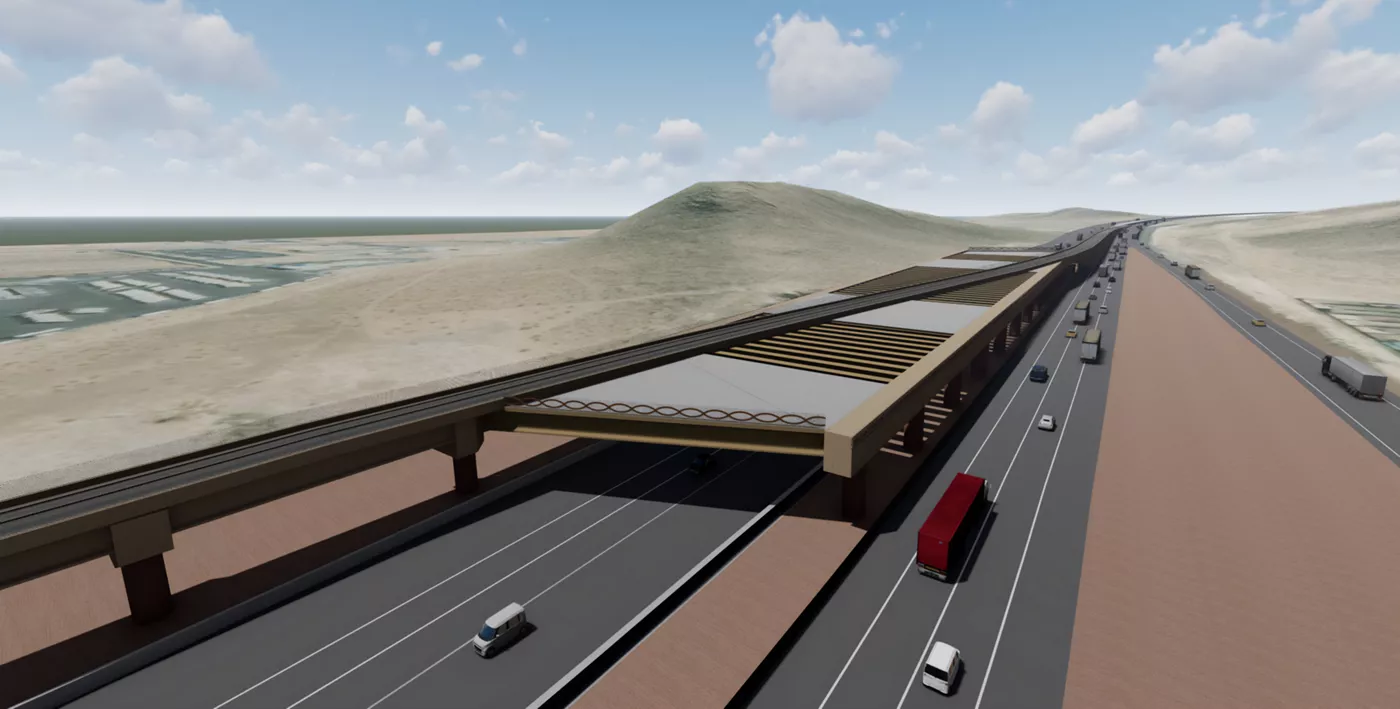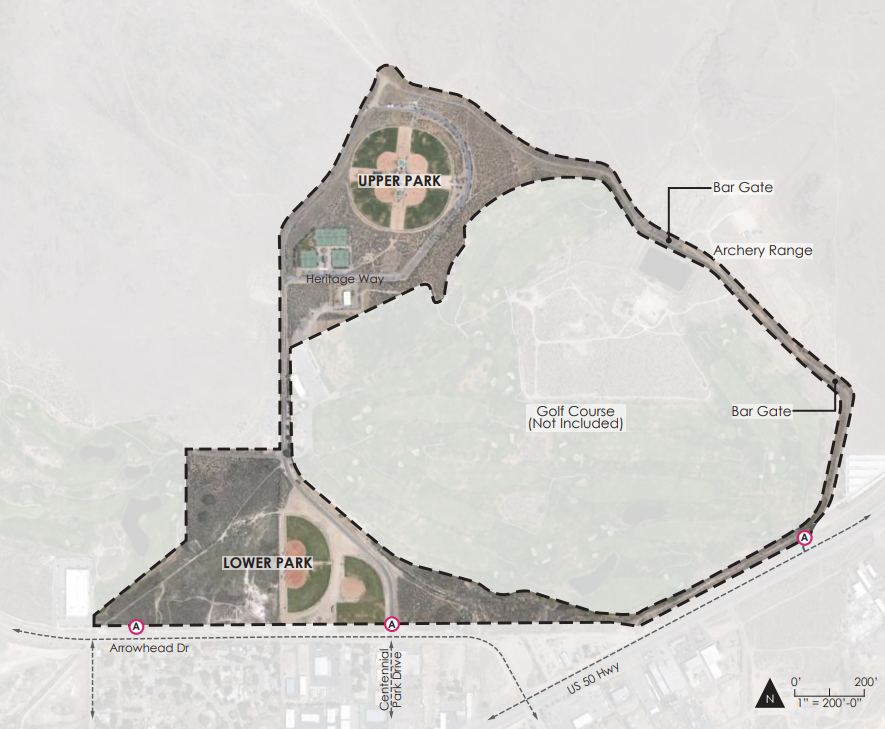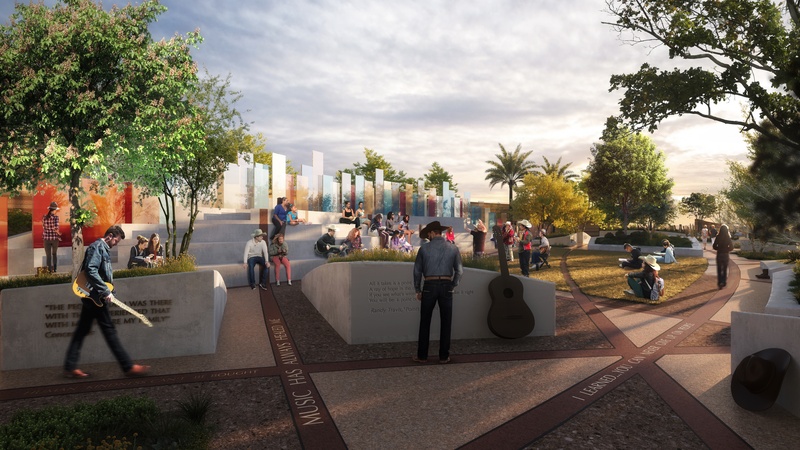A reconciliation bill was approved by the House Natural Resources Committee that will result in selling more than 93,000 acres of land in Nevada.
The bill was proposed by Rep. Mark Amodei, R-Nev., and Rep. Celeste Maloy, R-Utah. It came as an amendment to the Republican budget package.
The amendment permits the sale of 65,129 acres of federally owned land in Clark County, which is approximately 71% of the total acreage of Las Vegas. The bill also frees up 15,860 acres in Washoe County, 12,085 acres in Lyon County and additional forest service land.
The bill also allows the sale of 356,100 acres in Pershing County. The Bureau of Land Management previously had the land identified for disposal at a one-to-one ratio.
Land in Clark and Washoe counties are to be used primarily for affordable housing. Land in Lyon County is to be sold to the City of Fernley for the development of the “Tahoe-Reno Industrial Center II.” The Natural Resources Committee claimed the bill will generate more than $18.5M.
Democrats have claimed proceeds from the land sales will go straight to the federal government, not to Nevada.
The $1.8B in the Southern Nevada Public Land Management Act will remain in state hands. Amodei confirmed revenue from the land sales are to go toward the federal government. Amodei later said members of Congress in other states do not agree with Nevada profiting from its land sales.
The amendment has also garnered controversy for its alleged targeting of Tribal homelands. The proposal targets land near the Avi Kwa Ame national monument, Gold Butte and land bordering the Pyramid Lake Paiute Reservation. Others said the measure sidesteps the standard procedures for selling public lands in an effort to limit public participation.
Supporters have claimed the opening of land will result in the construction of new housing units, which will ultimately put downward pressure on prices.
As the amendment stands, it requires infrastructure improvements before developing housing in the areas is possible. This includes investing in power, water, sewers and roadways. (Source)

